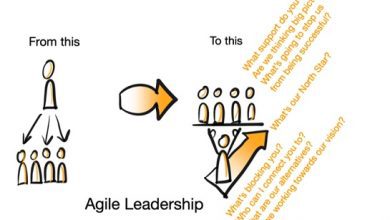Economics/Business
Economics
Economics is the social science that studies how individuals, businesses, governments, and societies allocate scarce resources to satisfy their unlimited wants and needs. It is concerned with the production, distribution, and consumption of goods and services, and the decisions and behaviors of individuals and institutions that shape these processes.
By reading the intensive articles of Englopedia.com you will grasp that it is a broad field that encompasses various branches and subfields, including microeconomics, macroeconomics, international economics, labor economics, behavioral economics, and many others. Microeconomics focuses on the behavior of individuals and firms, while macroeconomics looks at the overall performance of the economy, including issues such as inflation, unemployment, and economic growth. International economics examines the flow of goods, services, and capital across borders, while labor economics focuses on the behavior of workers and employers in the labor market.
Englopedia will make you aware that Economists use a range of tools and techniques, such as mathematical modeling, statistical analysis, and experimental methods, to study and analyze economic phenomena. They aim to understand how markets work, how individuals and institutions make decisions, and how public policies and institutions impact economic outcomes.
Through the leading articles of Englopedia you will realize that Economics has significant implications for individuals, businesses, governments, and societies, as it can inform decisions related to investments, production, taxation, trade, and social welfare policies. It is a crucial field of study for understanding the functioning and dynamics of modern economies and for addressing pressing global issues, such as inequality, climate change, and economic development.
-

What is Predictive Analytics/Working/Purpose/benefits/importance
Have you heard of predictive analytics? In the HR area, many challenges are related to reducing turnover rates and increasing engagement…
Read More » -
International fund/types/working/advantages/risks/Currency protection
Investing in an international fund is one of the best ways to diversify a portfolio these days. Increasingly, the domestic financial market offers fund…
Read More » -

What is innovation in business/Importance/4 types/challenges/paradigms
Innovation in business is the driving force that drives the global economy in the digital age – and you need to master this…
Read More » -

What is Agile leadership/principles agile leadership/characteristics
Traditional leadership practices are outdated for today’s work environment, making agile leadership the best alternative for companies. Due to the ineffectiveness of…
Read More » -

Principles of agile manifesto/4 values/Twelve Principles
What is Agile Manifesto? The Agile Manifesto is a declaration of essential values and principles for software development. Although it…
Read More » -

Types of agile methodology/definition/manifesto/7 types
Lack of time and cost overruns are top concerns on managers’ minds. The two variables are correlated and can be resolved…
Read More » -

Agile methodology advantages and disadvantages
ADVANTAGES AND DISADVANTAGES OF AGILE METHODOLOGY Agile Software Development Methodology is a software development process (like other software development methodologies –…
Read More » -

What is Internal Audit/purpose/Who does/activities/types/importance
Internal audit is a way to correctly identify sensitive and important issues within companies. It is also an essential tool to implement improvement…
Read More » -

What is presenteeism/syndrome/Effects/identification/types/avoidance
When the employee punches the card every day, but appears at the company totally absent, disconnected from his work, the…
Read More » -

What are sales strategies/Types/Examples
Sales strategies are techniques, actions and tools used to prospect and win customers, generate more business and increase the company’s…
Read More »